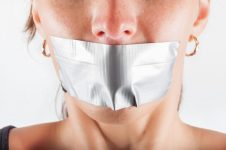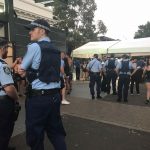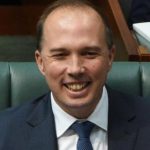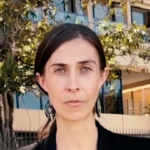Criminal Lawyers Against Proposed Dilution of ‘Right to Silence’

The video and blog post below discusses NSW Premier Barry O’Farrell’s proposal to ‘water-down’ an accused person’s Right to Silence.
The ‘right to silence’ has been entrenched in British-based legal systems for hundreds of years.
It has been considered one of the most important safeguards against arbitrary actions by the State, and stems from the fundamental idea that individuals should not be forced or otherwise required to ‘incriminate themselves’; in other words, to give information that would increase the likelihood of being convicted of a criminal offence.
This right against ‘self incrimination’ is enshrined in the fifth amendment to the United States Constitution.
There have been hundreds of studies over decades about the severe effects of stress, anxiety and indeed fear and panic of being arrested and the unreliability of evidence obtained during the arrest process.
That unreliability is especially pronounced where individuals have not previously been arrested and/or where the circumstances of the arrest are particularly stressful eg during ‘police raids’ upon homes at night.
Studies have found that arrested persons will frequently give untrue statements to ‘appease’ (satisfy) arresting police, or to ‘expedite’ (speed up) the arrest/charge process, or to protect family or friends, or to increase the likelihood of being released from the police station on ‘bail’, or simply due to fear or acute anxiety. The ‘evidence’ derived is often non-sensical but can also be highly incriminatory.
The ‘right to silence’ ensures that aressted persons will not be punished for choosing not to speak under such unsatisfactory conditions.
It is an extremely important safeguard that not only protects individuals, but decreases the likelihood of unreliable evidence entering and being relied upon in criminal proceedings.
Currently in NSW, police are required to give the following caution to arrested persons:
‘You are not obliged to say or do anything unless you wish to do so, but whatever you say or do may be used in evidence. Do you understand that?’.
That caution is consistent with the warning given by trial judges to juries that they must not draw adverse inferences from an accused person’s silence.
On 14th August 2012, however, NSW Premier Barry O’Farrell issued a press release foreshadowing amendments to the Evidence Act permitting the drawing of adverse inferences from an accused person’s silence.
In other words, jurors would be able to infer that a person is more likely to be guilty if s/he remained silent during the arresting process.
Equally, jurors would be entitled to treat evidence by defence witnesses suspiciously, or reject it altogether, on the basis that it was not raised during the arrest process.
The Premier proposes to amend the caution as follows:
‘You are not obliged to say or do anything unless you wish to do so. But it may harm your defence if you do not mention when questioned something you later rely on in court. Anything you do say and do may be given in evidence. Do you understand?’.
An observer might reasonably conclude: ‘you’re damned if you do, and you’re damned if you don’t’.
In other words, if you speak under the acute stress (and often fear) of the arrest process you could say things you do not mean. Or say untrue things to make arresting police happy. Or to ‘get bail’ at the police station. Or to protect your family or others. This would of course be against your interests.
Equally, if you say nothing your silence can later be used against you!
This is a highly unfair situation.
The proposed changes will undoubtedly achieve their intended purpose – to reduce the likelihood of accused persons remaining silent.
In doing so, however, the amendments threaten to undermine a fundamental safeguard against police ‘bullying tactics’ and to increase the incidence of unreliable evidence entering, and being relied upon, in criminal proceedings.
They are detrimental to concepts of fairness and justice generally.
The proposals have been criticised by the Law Society of NSW, Bar Association, Civil Liberty groups and criminal lawyers alike.
They appear to be yet another example of the degeneration of NSW into a ‘police state’.






